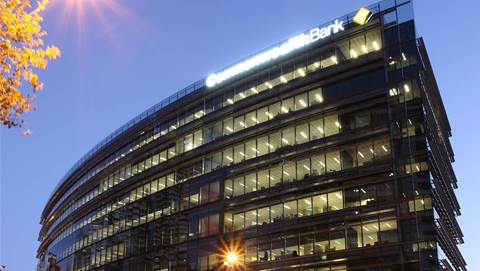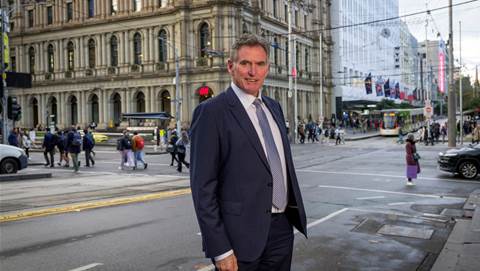The Australian competition regulator has found that millions of dollars can be saved by motorists using real-time fuel price comparison apps and websites to avoid routine price hikes by the petroleum industry.
By avoiding purchasing petrol at the peak of the price cycle, motorists could see savings of between 2.3 and 6.1 cents per litre, the ACCC found.
It estimated that Sydney motorists could see savings of between $85 million and $141 million at the bowser each year, while the figure was between $75 million and $124 million in Melbourne. Brisbane and Adelaide motorists would also see savings of up to $68 million and $55 million respectively.
“There can be significant price differences between sites at different points in the price cycle, so motorists that shop around can save themselves a lot of money,” ACCC chairman Rod Sims said in a statement.
Coupling fuel price apps with advice on the ACCC website to find the most competitive fuel price would see these estimates more than double to a saving of between 15 and 20 cents per litre.
The cost of fuel averaged 122.5 cents per litre across Australia’s five largest cities during the September quarter.
The NSW government was the first jurisdiction to introduce a real-time fuel price comparison service with FuelCheck going live in October 2016, first as a website and now as a fully-fledged app.
The app offers a range of features including a function that gives users the option to save their favourite petrol stations and receive push notification when petrol reaches their chosen price. It also integrates with Google Maps to direct users to a preferred service station.
“By giving motorists a bird’s-eye view of the market they can find the cheapest fuel anywhere in the state, providing them with much needed relief at the hip pocket,” NSW premier Gladys Berejiklian said at the launch of the FuelCheck app last month.
Last week, the Northern Territory joined the cause by launching its own real-time fuel price comparison website, MyFuel NT.
Both services are backed by legislation that forces service stations to report fuel prices, and have been designed to make data available to third-party developers through APIs.
There are also a range of other non-government apps for monitoring petrol prices including GasBuddy, Fuel Map Australia and Motormouth, which all offer a similar service. The NRMA’s app also includes a fuel check function by ingesting data NSW government data.



.png&h=140&w=231&c=1&s=0)






















